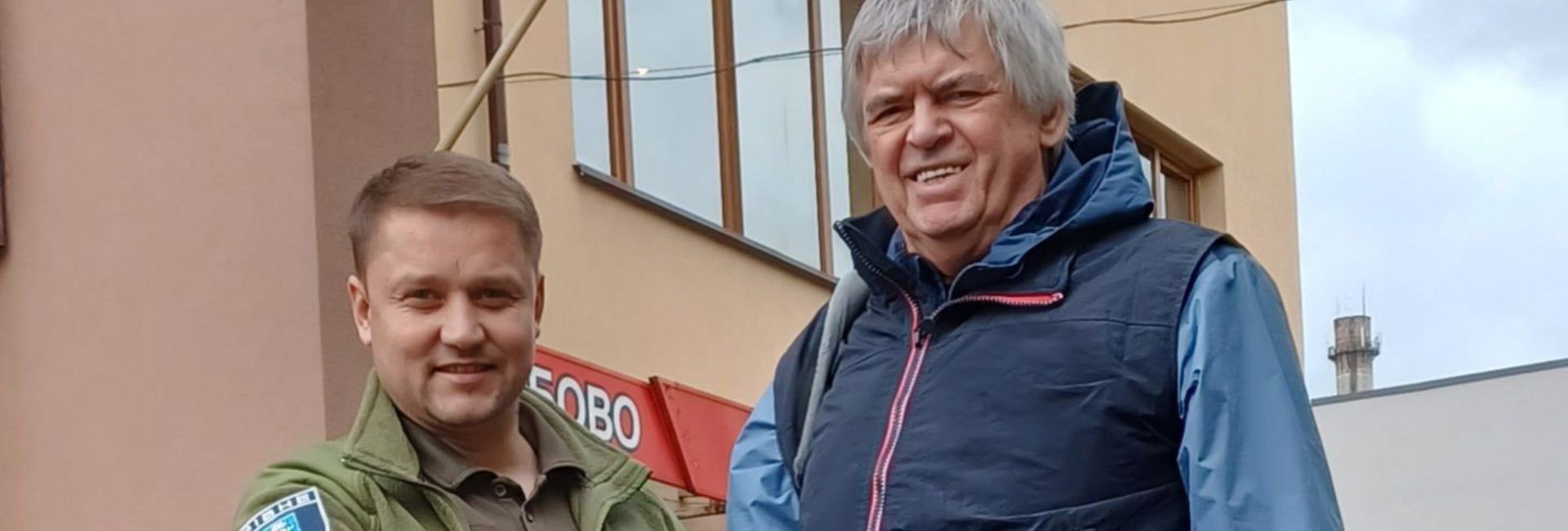In Ukraine, there is also the city of orphans. It is called Rivne and is located in the northwest, a few kilometres from the border with the dreaded Belarus, from where many of the missiles in last week’s attack on Kiev, Lviv and other cities in the country were launched.
Here, Specchio began operating last week, starting the construction of an emergency tent in the most central square and beginning to support the many families who found themselves without their fathers, who had fallen at the front. “The Rivne division of the Ukrainian army,” explains the governor of the metropolitan city, Alex Tretiak, “was the first to oppose the Russian invasion, as early as 24 February at dawn in the Kiev oblast, and it is the one that suffered the most casualties. In the city alone, we have almost 100 war orphans and their mothers. These are people we must not only assist economically, but also by sharing their tragedy”.
Alex Tretiak, a former seminarian, is the rising star of Ukrainian politics. He is 36 years old and the youngest governor of a metropolitan city: he has been leading the Rivne district for two years. Elected on the lists of former President Poroshenko, who was beaten by Zelensky in 2019, he immediately erased all divisions when the conflict broke out: “Now we have to put up a united front and we are all on the same side”. Zelensky appreciated this and now often consults him. Rivne is a very delicate area because it borders Belarus from which attacks are expected at any moment: “Missiles have fallen on the city, devastating the airport and some other logistical facilities. Now we know that in Luninets, just 50 kilometres from our border, there are ramps for Iranian kamikaze drones, and we are objectively afraid”.
But the real drama could come not from Belarus but from the energy cut: “Ours is the coldest area in the country, and not only because it is in the north. The blockade of the Zaporizhia nuclear power plant, which is by far the most important in Ukraine but which is in Russian hands, would affect us most of all. Without power here there is a real risk of freezing to death. We fear it much more than the drones”.
There is practically no time to find alternative solutions: “In some municipalities it was already close to zero degrees last week. Many people have gone back to wood, even collecting it in the woods. Luckily, there is no shortage of trees here. But very few people have suitable stoves and there are no more on the market…”.

